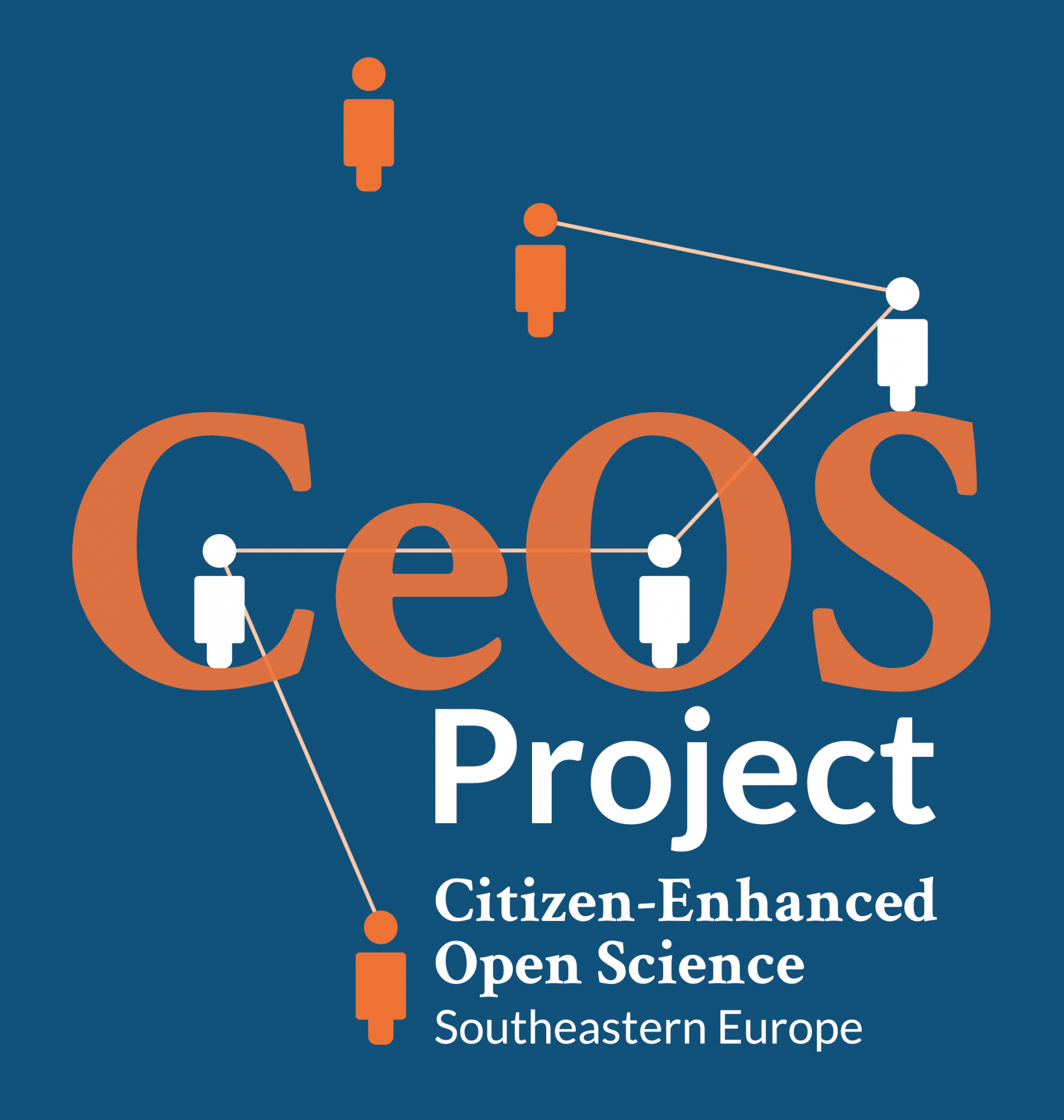CeOS_SE: Citizen-enhanced Open Science in Southeastern Europe Higher Education knowledge hubs
2021-1-NL01-KA220-HED-000032004
- Category: International Projects
- Participants: Tereza Trencheva, Kamelia Planska Simeonova, Elisaveta Tsvetkova, Evelina Zdravkova-Velichkova, Svetoslava Dimitrova
- Project program: Erasmus+
- Library: Faculty of Library Science and Cultural Heritage
- Location: LIBER (Ligue des Bibliothèques Européennes de Recherche – Association of European Research Libraries)
- Starting Year: 2022
-
Link:

Description of the project

ULSIT is a project partner.
Project Coordinator: Tereza Trencheva, This email address is being protected from spambots. You need JavaScript enabled to view it.
Project duration - 36 months
The project aims to raise awareness of the widespread practices of Open Science (OS) and Citizen Science (CS) in the countries of Southeast Europe. The project will monitor the presentation and processes regarding the implementation of Open Science and Civic Science, and will best document and share best practices.The project serves to connect three features which are complementary but have not been matched all three so far: enable knowledge transfer from more experienced partners to less experienced ones; perform Citizen Science activities for open science; provide information and the tools for policy change and uptake of CeOS. The project aim is to raise awareness and mainstream practices in SE European countries (BG, CY, EL, HR, IT, RS), that perform less well in OS/CS and have low awareness on/involvement in major development, such as the ones related to the European Open Science Cloud (EOSC), as well as to monitor performance and processes in OS/CS implementation, document and publicly share best practices in a FAIR way and engage non-expert groups of the public in social participation and collaboration.
PROJECT OBJECTIVES
- Raise awareness of mainstream Open Science (OS) and Citizen Science (CS) practices in Southeastern European countries, specifically in countries that have been seen to perform less well in OS or CS, or where there is limited awareness of or involvement in major developments related to the European Open Science Cloud (EOSC).
- Monitor performance and processes regarding Open Science and Citizen Science implementation, document, and publicly share best practices in a FAIR way.
- Engage non-expert groups of the public in social participation and collaboration when it comes to OS and CS.
- Highlight and address the challenges faced by Southeast Europe and give increased visibility to these regions on the topic.
- Raise awareness of the potential and value of embracing the cultural and linguistic diversity of the Southeastern European countries.
- Empower academic libraries in Southeastern European countries to develop further as knowledge hubs by upskilling staff when it comes to the connections between OS and CS.
- Pilot the practice of CeOS at the library premises of Southeastern European research libraries directly, so that they are able to support inclusive higher education systems and be more explicit when it comes to OS and CS topics that rely on working together with external stakeholders.
- Transfer knowledge regarding OS and CS from countries more developed in these areas.
